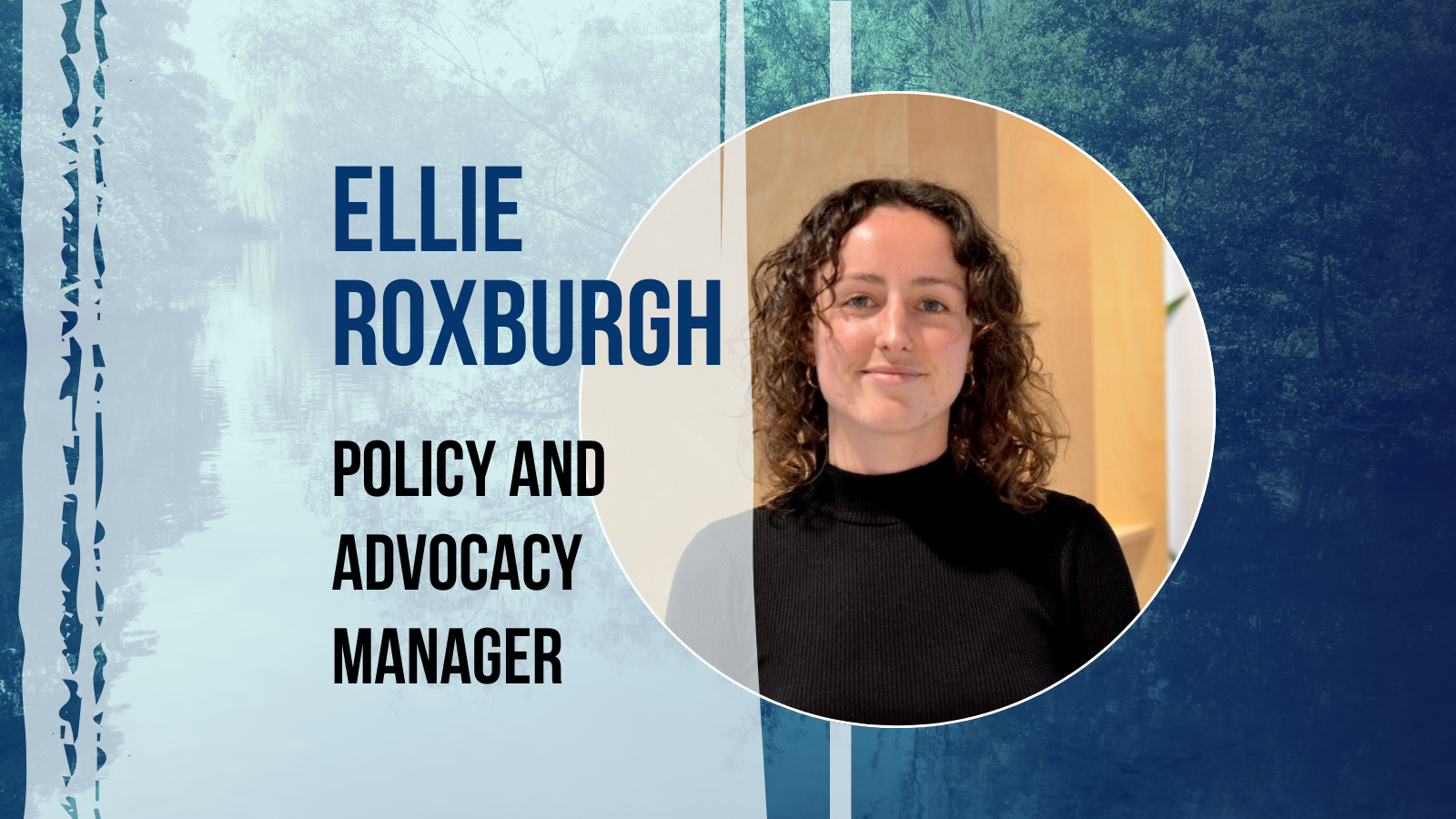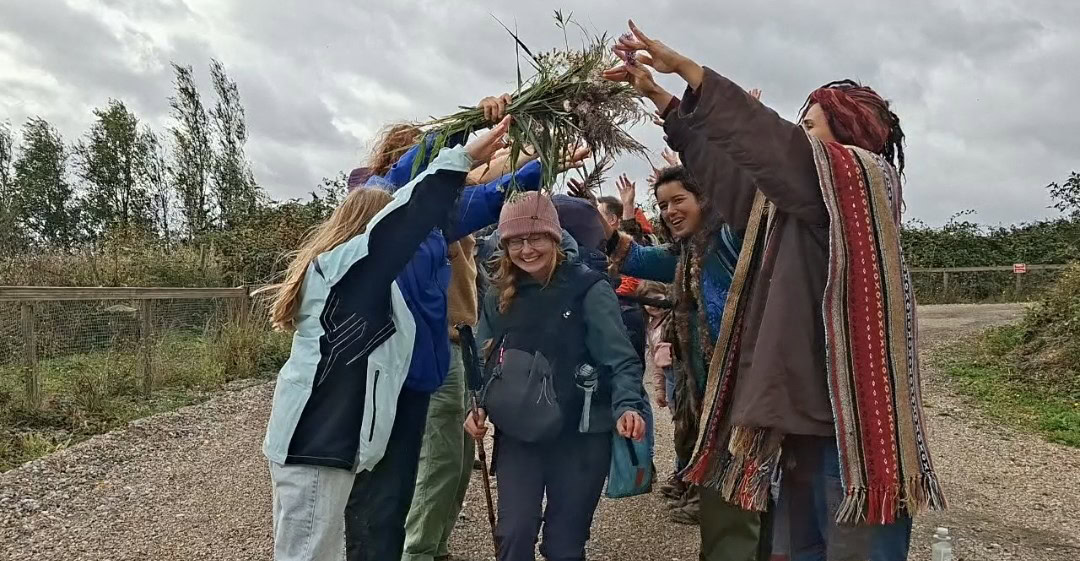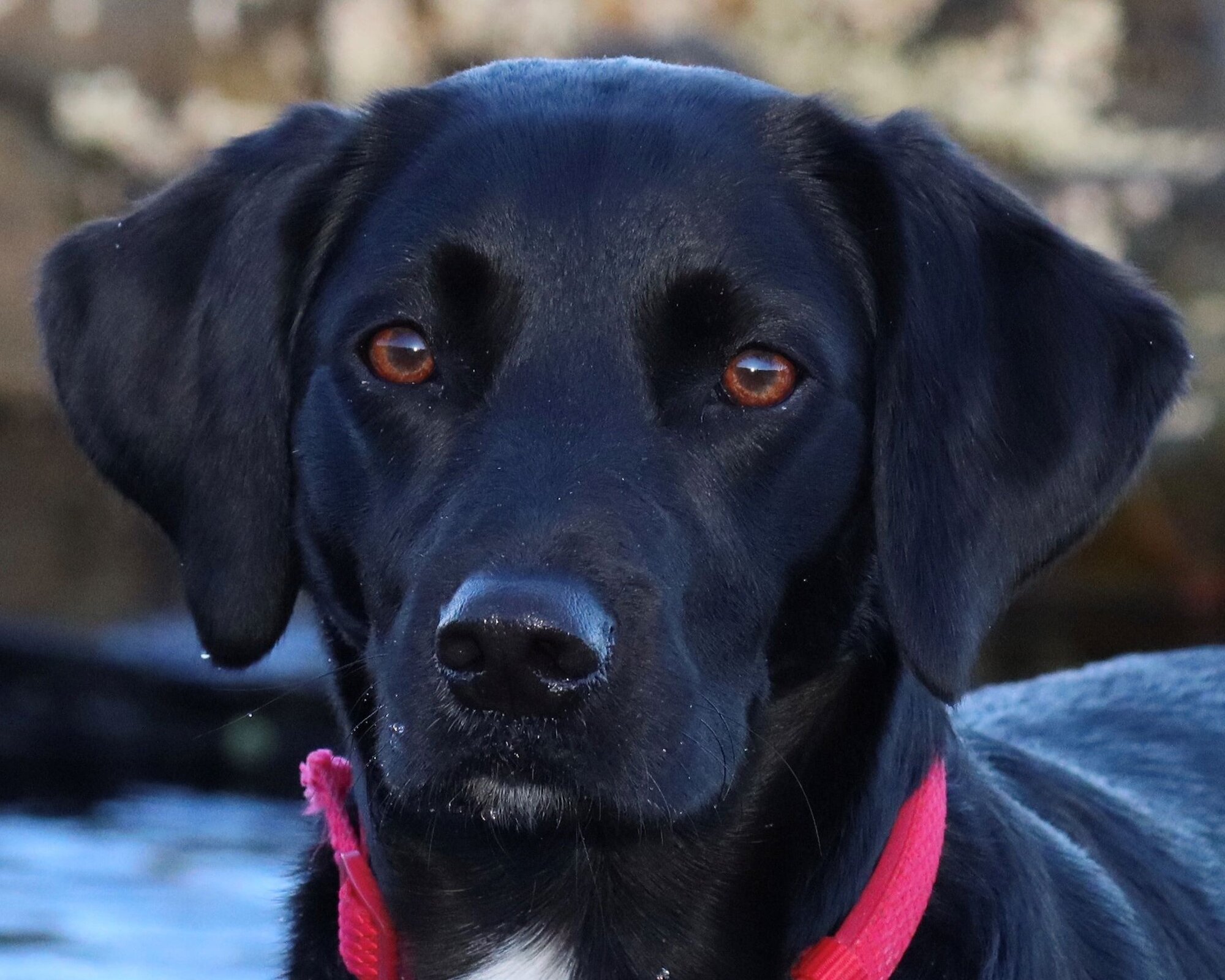
From Green to Clean – The Spanish community that saved their lake and what the UK can learn
By Drew Richardson, Communities Coordinator, River Action
The Dirty Man of Europe
The UK is unaffectionately known as the ‘Dirty Man of Europe’ when it comes to the state of our rivers. Three-quarters of rivers now pose a risk to human health, with many of our great lakes and rivers turning green with algal blooms from upstream pollution. Industrial meat production is one of the biggest culprits, driving 62% of river stretches to fail ecological health standards. But a community in Spain faced a similar crisis – and fought back. Their victory offers a blueprint for how we could save our own rivers.

A Familar Problem
You may have read my blog post earlier this year, where I visited a community in Spain battling an industrial dairy factory that was threatening to become bigger than their township. I visited this community alongside representatives from across Europe. Organised by Friends of the Earth Europe, we had come together to share knowledge on how communities across the continent are fighting back against industrial pollution.
There I met campaigners from Amigos de la Tierra (Friends of the Earth Spain) and Federación de Consumidores y Usuarios – CECU (the Federation of Consumers and Users). They told me how the community of As Conchas, on the shore of a 25‑mile‑long reservoir, had already begun taking action after years of suffering from pollution caused by industrial meat factories upstream.
For years, local people had endured nauseating smells, keeping their windows shut in the Spanish heat. Further to this, they could no longer access local drinking water, as they saw their wells become contaminated by the waste seeping into the aquifer. Local communities raised their concerns with local government officials, but were told, that the water was safe to bathe in, that their wells were safe to drink from, and no action was needed. And yet, studies warned that cancer rates in the district exceed the rates found in other Galician districts.

From Citizen Science to the Courtroom
So local communities decided to take action.
They began with citizen science and found that the Lima River that empties into the reservoir contained at least 97 million dangerous cyanobacteria per litre of water and nitrate pollution levels 1000 times higher than the permitted limits.
The source? Labs attributed this pollution to manure produced by industrial meat factories that litter the river’s catchment. Still the regional government did nothing. So members of the community took their regional government to court, supported by Amigos de la Tierra, Federación de Consumidores y Usuarios – CECU, and Client Earth, for allowing the uncontrolled expansion of industrial meat factories, and inaction regarding the environmental and health impacts they were causing which breached their human rights under the Spanish Constitution and EU human rights law.
After supplying such clear evidence, the judge ruled in their favour and the regional government was ordered by the court to immediately adopt measures to end the pollution impacting the As Conchas reservoir and its community.

What This Means for the UK
This was a tremendous win, which sets a precedent across the EU. Already Portuguese politicians are taking their Environment Agency equivalent to task about downstream pollution. But how does this help us rid the blight from good old Blighty?
Well it wasn’t too long ago that we were part of the EU, so a lot of our environmental law is still in line with our European cousins’. Of course, our laws no longer have to be kept in line with EU directives, so could be liable to change, but so far so good.
Our human rights law however is still the same; we still subscribe to the European Convention on Human Rights (ECHR). These are the laws that ensure we have a right to a fair trial, a right to live, etc. Article 8 is particularly interesting; it’s the right to respect of our privacy and family life. Our private life isn’t just about a place free from surveillance, its our right to participate in society, the economy, culture, and leisure activities. It also means we have rights for the state, individuals, or businesses to not invade our home, affect our private life, or force us from our home.

A Blueprint for Action
When the people of As Conchas could no longer drink the water from their wells, participate in the culture and leisure activities that were intrinsically tied to the reservoir As Conchas was built around, when the smell invaded their home, and when the pollution invaded their bodies and was affecting their health, it became a human rights problem.
We have these same rights in the UK, and now a clear legal precedent that can help hold polluters to account in court. Imagine if we could use these to rescue our rivers. Imagine communities in the Wye, Severn, Thames, or Windermere taking their evidence of pollution to court and forcing action to happen where regulators had failed.
Swimmers, rowers, anglers, and local people, could use their citizen science to demand change, not only through protest, but with the weight of human rights laws behind them. The people of As Conchas have shown us that when local voices come together, even the dirtiest of waters can become clean. And when no one else will listen, not even the authorities, the law can be used to protect people and planet.






